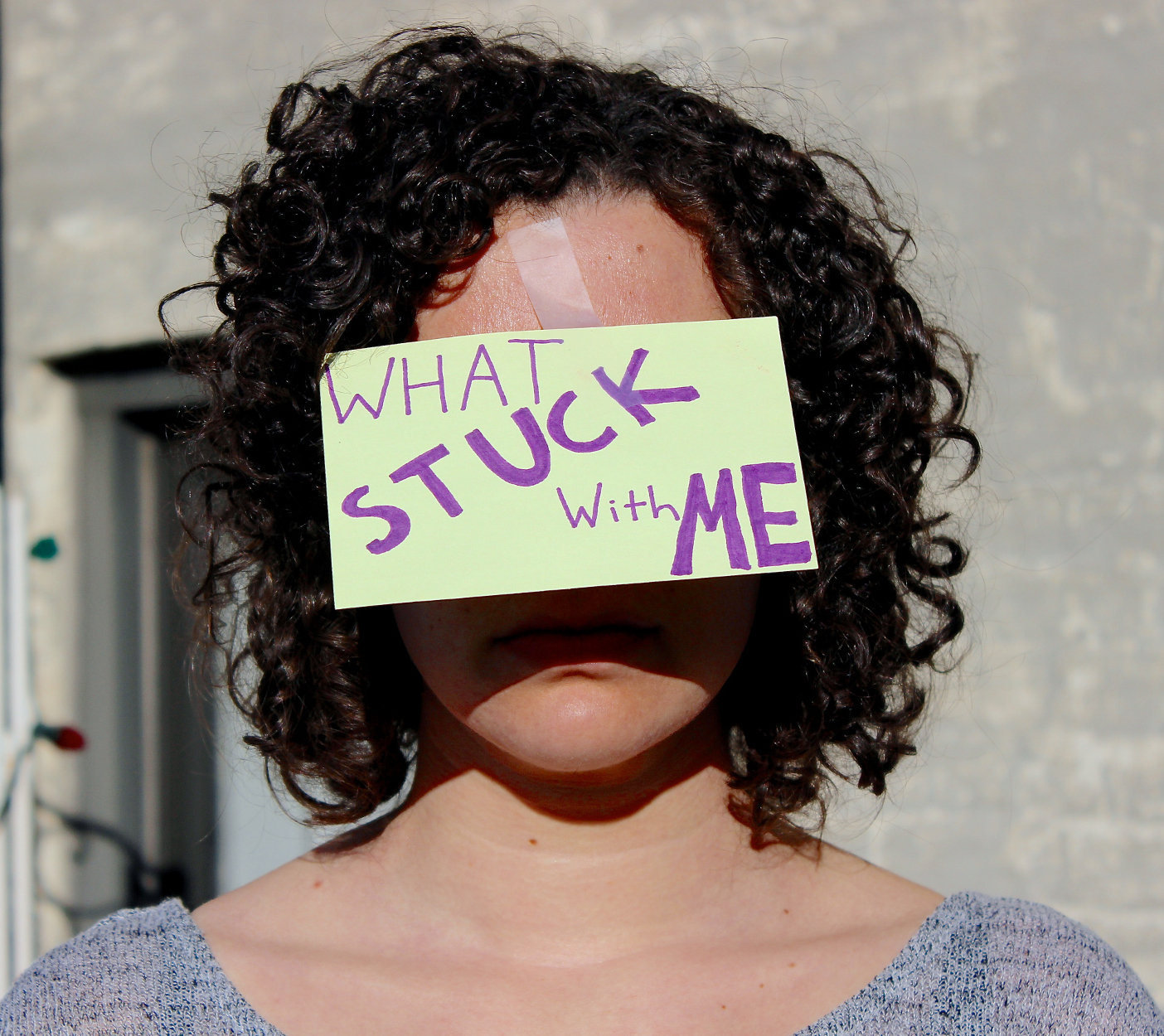"I would, if only..."
/For a long time, I felt like my depression was ruining my marriage, but after I started going to therapy, I finally felt like I was making progress towards being "normal."
One day, my therapist told me that often with her married patients, improving their sex life was pivotal in improving their self-esteem. This made sense to me, because my sex life was nearly nonexistent.
I picked my husband up from work that evening, and told him about what my therapist had said. Before I could go further, he interrupted me to say, "I would want to have sex with you, if only you had a rockstar body."
Even when I was thin, my body image was terrible. But this shot what little confidence I had. His cruelty in that moment made me never want sex again, and I've not since initiated.
It's been five years since then. He's had affairs. I've been suicidal. He's told me to kill myself. And one day, I might.
